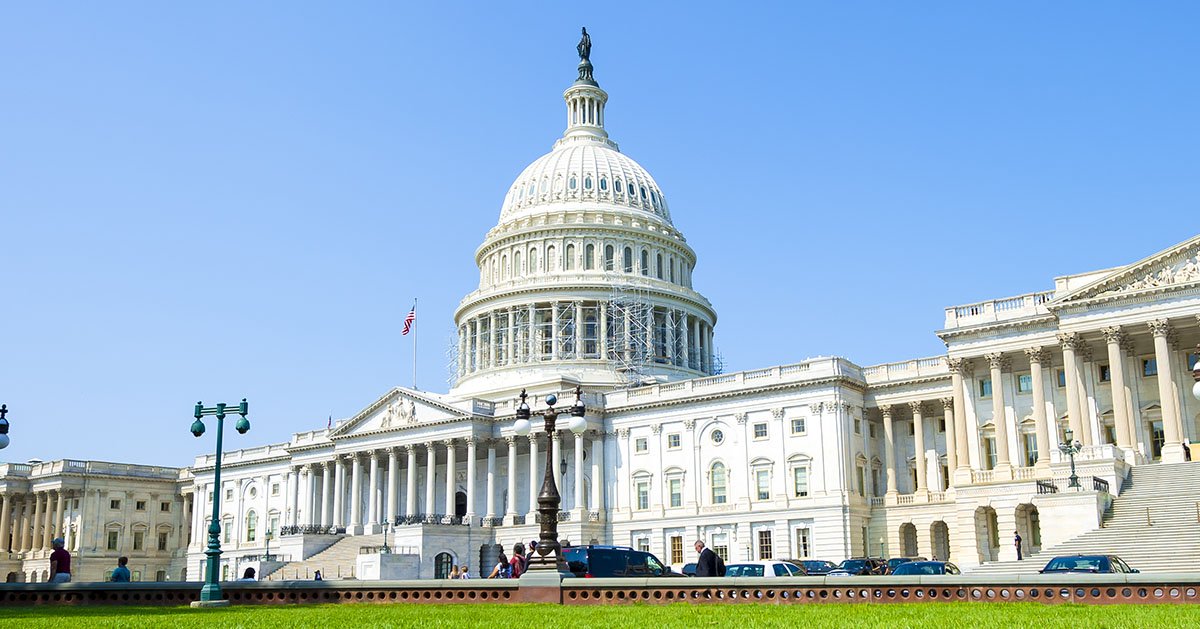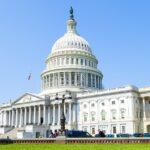





The U.S. Supreme Court has agreed to hear a case that could determine the future of California’s strict vehicle emissions standards. The case will focus on whether fuel producers have the legal right to challenge a waiver granted to the state by the EPA in 2022, allowing California to enforce stricter emissions limits than the federal government.
The Associated Press reported that fuel producers have filed an appeal to challenge the 2022 waiver that allows California to set tougher vehicle emissions standards than the national level, with the Supreme Court set to hear the case in spring 2024.
The case stems from a legal dispute that began when the Environmental Protection Agency (EPA) granted California a waiver in 2022, restoring the state’s authority to impose stricter vehicle emissions standards than the federal government.
This waiver was part of the Biden administration’s effort to reverse environmental rollbacks from the previous Trump administration, which had sought to limit California's authority under the Clean Air Act.
Major companies, including Ford, Honda, and Volkswagen, already comply with the state’s stricter standards, which have contributed to reducing overall vehicle emissions nationwide.
However, fuel producers, including large oil companies, argue that the waiver will harm their business by affecting the types of vehicles automakers produce. They claim that if the waiver stands, automakers will shift away from producing gasoline-powered vehicles in favor of electric cars, which would hurt fuel sales.
The Supreme Court will not review the merits of the waiver itself, but will focus on whether the fuel producers have legal standing to challenge it.
This question stems from a previous ruling by the U.S. Court of Appeals for the District of Columbia Circuit, which sided with the EPA and concluded that the fuel producers had not demonstrated how they would be directly harmed by the waiver. The court also found that the waiver primarily impacts vehicle manufacturers, not fuel producers.
Fuel producers are concerned that a ruling upholding the appeals court’s decision will make it harder for businesses to challenge administrative actions in the future.
Fuel producers argue that a ruling limiting their ability to bring such challenges would set a dangerous precedent for future disputes over federal regulations.
“As a 'matter of common sense,' lawyers for the companies wrote, automakers would produce fewer electric vehicles and more gas-powered cars if the waiver were set aside, directly affecting how much fuel would be sold,” the industry argued in its appeal.
Although the Supreme Court will not decide on the legality of the waiver itself, the case is of significant interest because of its potential to influence future regulatory challenges. The legal standing of businesses in environmental cases has become a contentious issue in recent years, as several cases involving environmental regulations have been contested in courts with a conservative majority.
The 2019 decision by the Trump administration to rescind California’s authority to impose stricter emissions limits marked a significant shift in U.S. environmental policy.
The Biden administration quickly restored California’s powers under the Clean Air Act, leading to a new wave of regulatory challenges. The current case will test the boundaries of how much influence fuel producers can exert over state-level environmental regulations.
In addition to the emissions waiver, California is seeking another EPA waiver to enforce a rule banning the sale of new gasoline-powered cars in the state by 2035. This rule, if approved, could face new legal challenges depending on the outcome of the current case. The Biden administration has also indicated that it will continue to review California's waiver requests closely to ensure they are legally grounded.
Fuel producers have also voiced concerns over the possibility of future restrictions on gasoline-powered vehicles in California. While the state’s aggressive environmental policies are pushing the auto industry toward electric vehicles, the fuel industry remains committed to opposing changes that it believes could disrupt its business model.
The EPA has yet to provide an update on when a decision might be made regarding California’s additional waiver requests. An EPA spokesperson reiterated that the agency continues to review California's waiver requests to ensure that all decisions are legally sound. “We have no updates to share on timing,” the spokesperson said.
In recent years, the conservative-majority Supreme Court has weighed in on a number of important environmental cases, including a 2022 decision that limited the EPA’s authority to regulate carbon dioxide emissions.
More recently, the Court ruled in June 2024 to overturn the Chevron decision, which had allowed agencies like the EPA greater flexibility in interpreting federal law.
Despite setbacks, some environmental regulations have remained in effect, such as those limiting emissions from coal-fired power plants. However, the ongoing challenges to California’s authority under the Clean Air Act reflect the increasing politicization of environmental law in the U.S.



